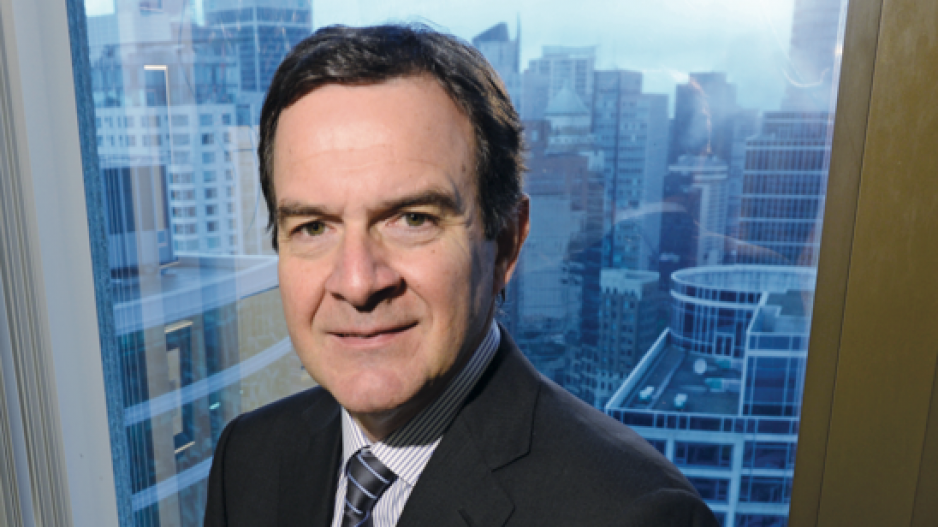Private land investors, many from offshore, are sidelining new residential developments and skewing expected returns on commercial real estate, analysts warn.
In downtown Vancouver during 2015’s first half, five residential land purchases totalled more than $50 million, compared with just one sale worth $2.1 million in the same period last year, according to the latest Metro VancouverLandShare report from Colliers International.
Among this year’s downtown transactions was Amacon Development Corp.’s $21.7 million purchase of a 16,335-square-foot site – about a third of an acre – in the West End. Along Cambie and other Vancouver transit corridors, residential land prices are also topping $20 million per acre.
Developers are forced to pay such high prices because of a new breed of “aggressive private investor,” said Kirk Kuester, executive managing director of Colliers’ Vancouver office.
“These investors, and they are not all from offshore, are willing to buy land and hold it, sometimes for years.”
This compares with residential developers who often aim for a 24-to-36-month window to redevelop and sell a multi-family project site, he said.
Kuester added that developers capable of outbidding the private investors, who account for roughly 90% of all residential land deals, must then factor inflated prices into the finished product.
For instance, the LandShare report showed that typical land costs on Vancouver’s west side now amount to $200 to $300 per buildable square foot for a concrete condominium tower and a record high of $275 per buildable square foot for a low-rise wood-frame apartment. Construction, finishing, financing, marketing, civic development fees and developer profit would then be added to the new home’s final cost.
Kuester said the rise of land prices will slow only when buyers balk at paying more for what already is the most expensive housing in the country.
According to commercial broker Avison Young, soaring land values, most related to higher-density residential and mixed-use developments, have also skewed capitalization rates across the entire commercial real estate market. It noted that income properties that have a high land value are achieving such low capitalization rates that many developers have essentially been priced out of the market. •




